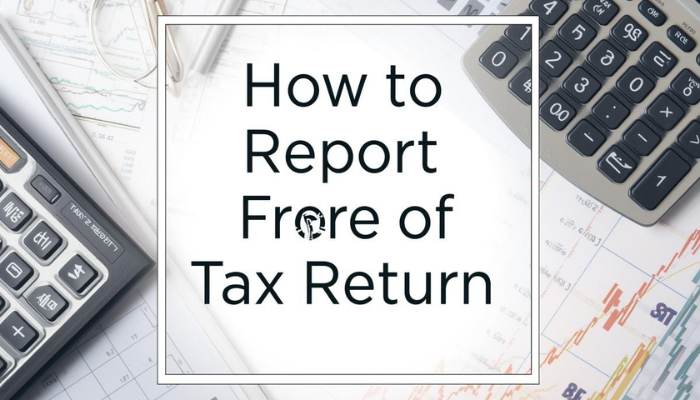
What are the Responsibilities of Customs?
Customs services are vital to controlling and securing a streamlined flow of people, products, and information across international boundaries. But what are the responsibilities of customs? As a division of the Treasury Department, the Customs Service is responsible for enforcing American rules and regulations on all imports and exports.
L&Y Tax Advisor explains what are the responsibilities of customs and the relevant services that they carry out regularly.
Key Responsibilities of Customs
Several vital duties, including protecting businesses, upholding the law, and ensuring national security, are within the purview of customs services. Among the principal duties are the following:
Processing Individuals, Luggage, Cargo, and Mail
Customs examines and keeps an eye on every person, piece of baggage, package, and mail that passes through international borders. Doing so certifies that all laws are being followed.
Proscribing and Seizing Unlawful Goods
One of the primary responsibilities is to hinder the entrance of forbidden products and substances, including:
- Guns
- Abusive drugs
- Illicit goods
In 1998, U.S. Customs intercepted substantial amounts of illegal substances. It comprised more than 150,000 pounds of cocaine and close to a million pounds of marijuana.
Evaluating and Gathering Taxes
Customs is responsible for assessing and collecting levied amounts on imported goods. These may be:
- Excise taxes
- Specific charges
- Fines or penalties
As a result of this obligation, importers contribute to national revenue by adhering to tax laws.
Read: What is a VAT Number in the US?
Imposing Laws for Business and Intellectual Property Protection
Customs is in charge of upholding regulations intended to stop illicit trade activities that might endanger American enterprises.
Implementation of Specific Export and Import Limitations
Enforcing unique import and export limitations is one of the customs’ most essential duties.
The purpose of these limitations is to regulate the flow of sensitive technology, especially those that are employed in the creation of weapons of mass destruction (WMDs).
In addition, customs enforces more than 400 laws for several U.S. agencies in charge of:
- Pesticide control
- Animal conservation
- Automobile safety
- Environmental protection
Criminal Enforcement Activities
Customs is responsible for regulatory duties and criminal enforcement. It focuses mainly on stopping drug trafficking.
Criminal detectives at Customs try to halt the unauthorized importation of:
- Weapons
- Narcotics
- Other contraband
Millions of people enter the country each year by land, sea, and air. The sheer volume of people crossing U.S. borders makes this work daunting.
The Bottom Line
Learning what are the responsibilities of customs is essential to maintaining economic stability. Customs safeguards a country’s security and upholds laws. In addition, it protects trade regulations. Customs services are vital to preserving the country’s borders and economy. They handle everything from screening travelers and goods to capturing contraband and enforcing rules.
Contact us now to get our tax consultancy services in the US!
Read More:


